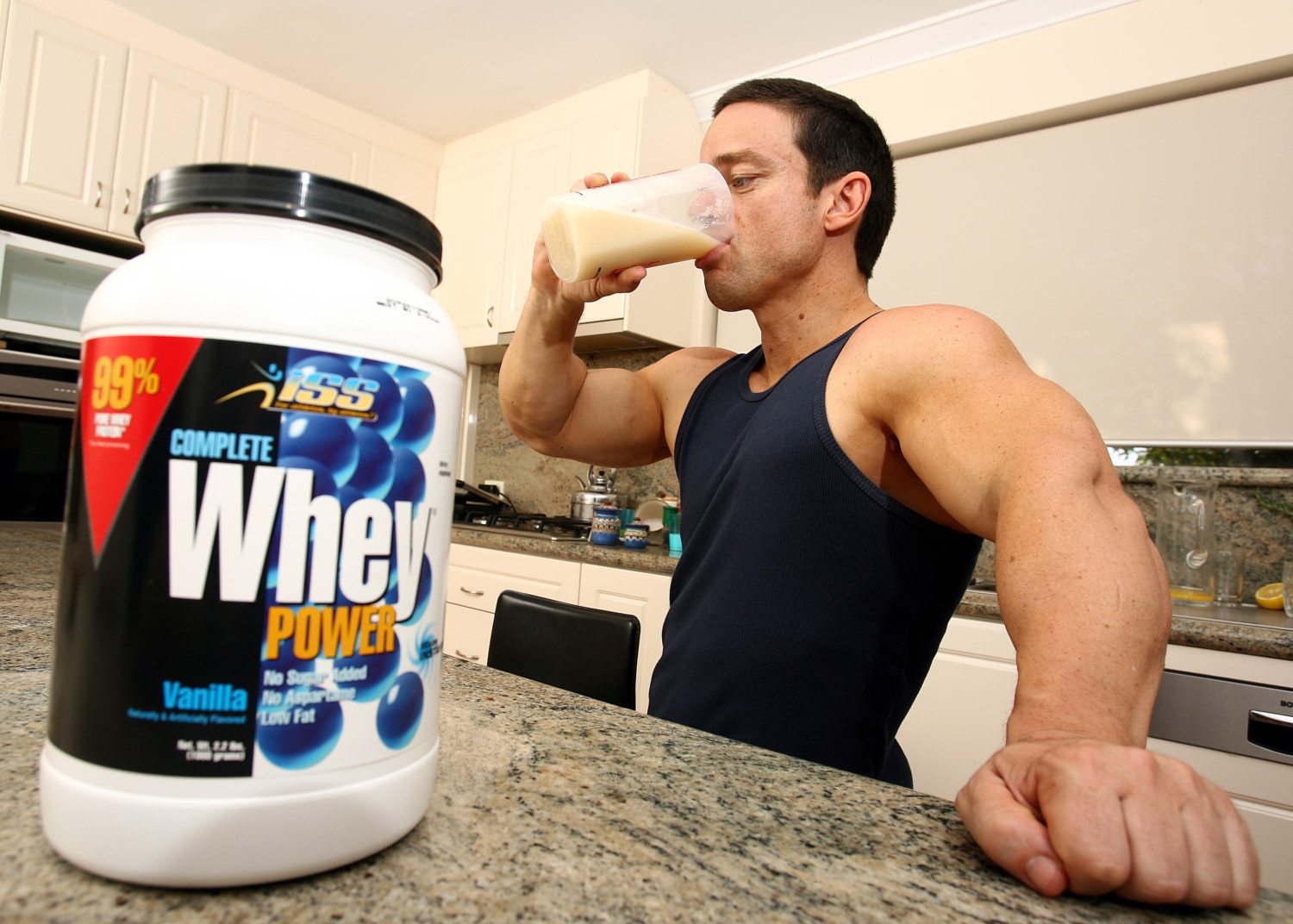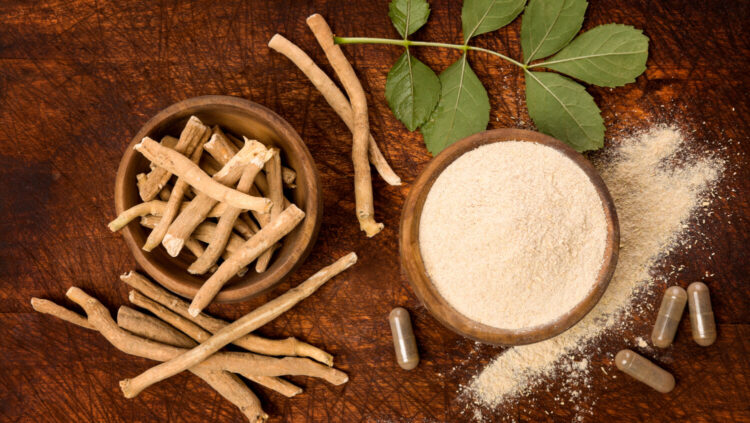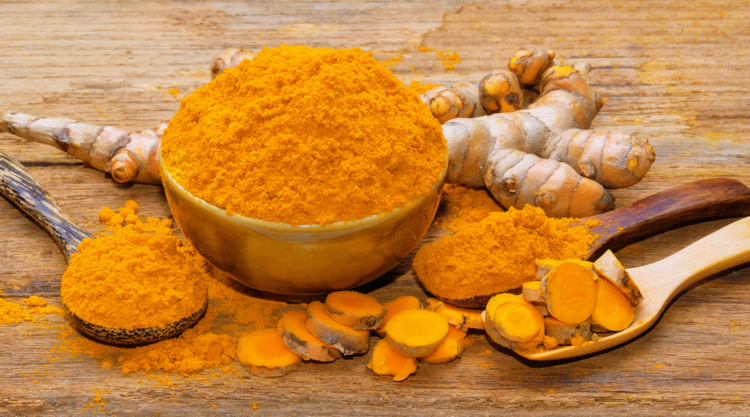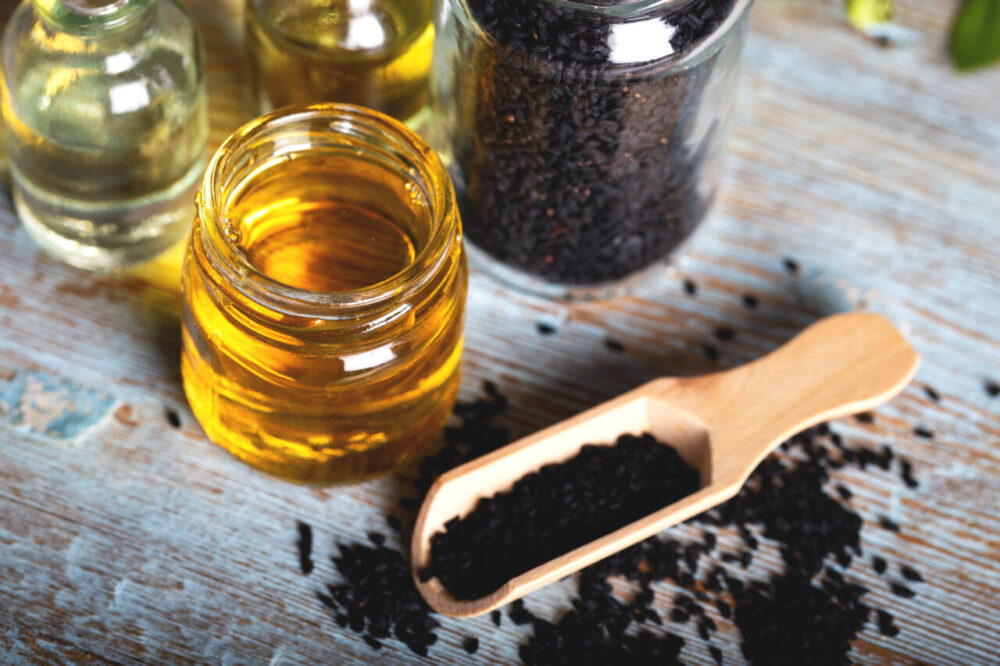One bodybuilder died of a protein overdose—here’s what you need to know
Meegan Hefford, a 25-year-old bodybuilder and mother of two from Australia, tragically passed away in June. Hefford, who lived in Australia, was found unconscious in her home and rushed to the hospital, where doctors were puzzled by her condition.
They eventually learned that Hefford was suffering from urea cycle disorder, which meant that her body was unable to break down the copious amounts of protein she had been consuming in the form of foods like lean meat and egg whites, as well as protein supplements. The disorder caused a build-up of toxic ammonia in her blood and an accumulation of fluid in her brain. Her death certificate lists “intake of bodybuilding supplements” as one of the causes of death. Here’s a shot of a fit-looking Hefford taken in the month before her death:
https://www.instagram.com/p/BUGKhFvgJXO/?taken-by=meeganheff
In the wake of the young mother’s untimely death, people are concerned about the over-consumption of protein and the use of protein supplements. But does the average person need to worry? The answer is a bit complicated.
In short, Hefford’s death was ultimately caused by urea cycle disorder, which is exceedingly rare. The condition affects about 1 in 8,000 people and, because it’s so uncommon, doctors often don’t test for it. Still, experts warn that even for healthy people without the condition, they should be careful about how much protein they consume.
While many people opt for filling fill up on protein in an effort to lose weight, too much can be counterproductive. “Studies comparing high-protein, high-fat, and high-carb diets have shown that people on high-protein diets tend to lose the most weight initially, but over time the weight loss is about the same as on other diets,” registered and licensed dietitian Ellen Stokes tells Allure. “High-protein diets can put a strain on your kidneys as your body works to remove the waste products from protein metabolism.”
What’s more, relying too heavily on protein in the diet means you’re probably not getting enough of other healthful foods, like fruits, vegetables and whole grains.
As for the use of protein supplements, because the supplement industry is not tightly controlled, you should use them with caution. “Unfortunately, the supplement industry is not well-regulated, so people might take supplements that could be dangerous to their health. Some people think a supplement is okay as long as it’s ‘natural,’ but there are plenty of ‘natural’ substances that are toxic, so people need to beware,” says Stokes.
Which—until further research is conducted—only leaves us with a conclusion we’ve all heard many times over: everything in moderation.







